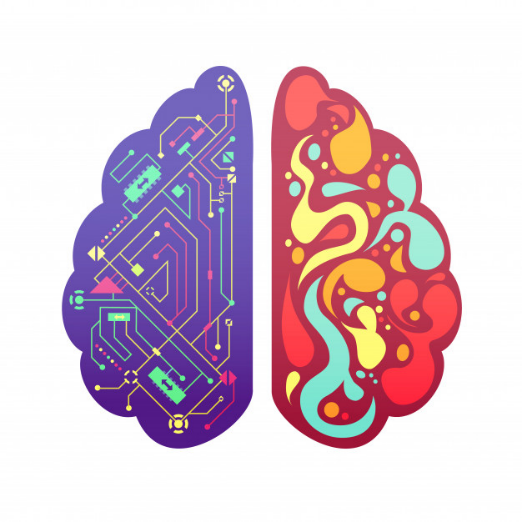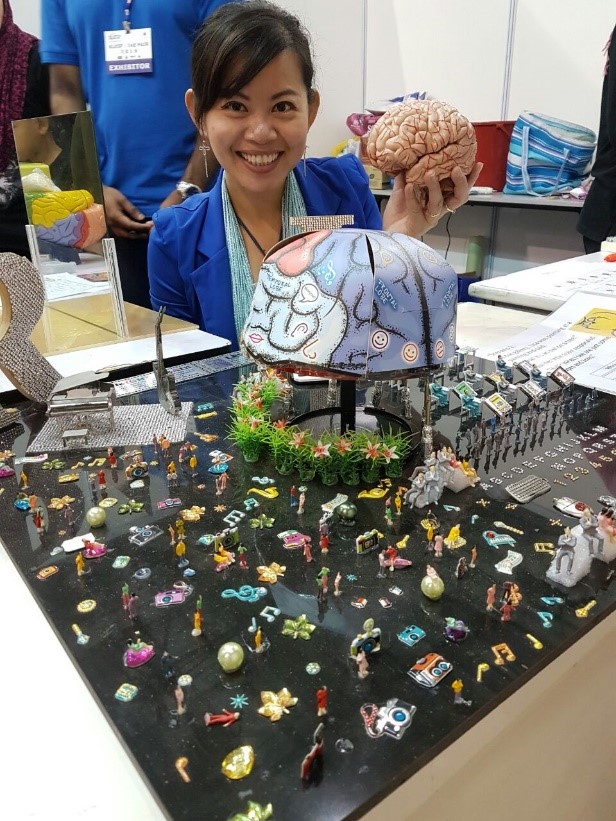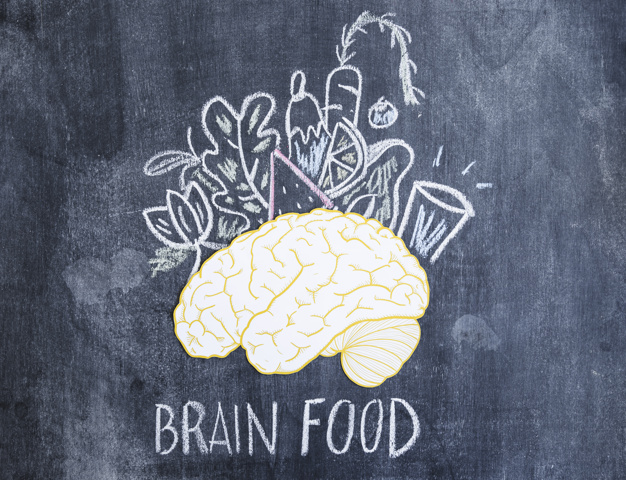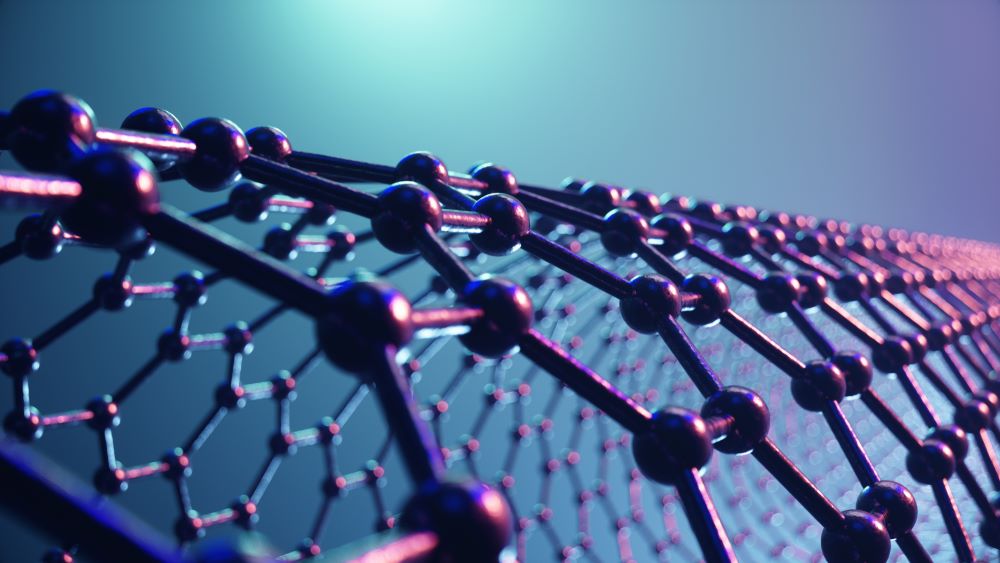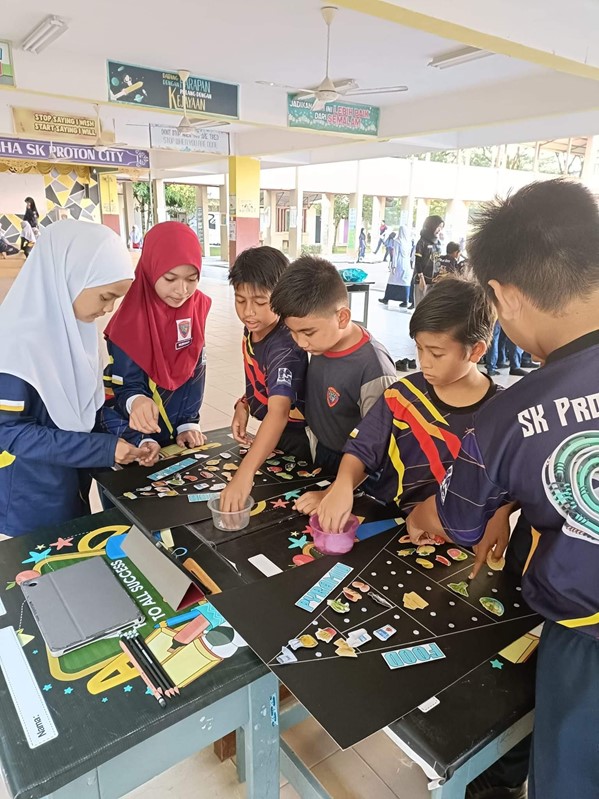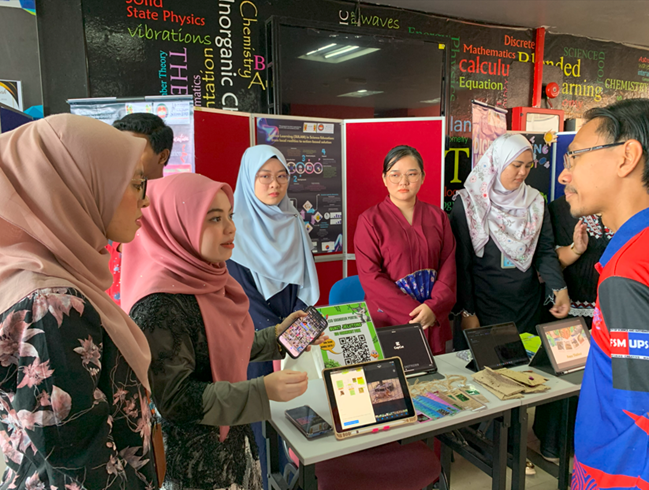The brain, our most energy-consuming organ
The brain is one of the human body’s largest and most complex organs. It is powered by glucose and oxygen provided to it in the blood. The brain may be a soft and spongy mass of fat and protein that weighs only 2% of the total human body weight, but it consumes 20% of our energy intake!
The brain comprises more than 100 billion brain cells (neurons and glia) that communicate in trillions of connections called synapses. Neurons are unique and excitable nerve cells that conduct electrical impulses. Glial cells, on the other hand, provide structural protection and nutritional support for neurons. The brain is particularly vulnerable to toxic exposure and hypoxic conditions. Therefore, the brain is protected from harmful substances by a layer of tightly packed specialised endothelial cells, known as the blood-brain barrier (BBB).
Nerve cells demand lots of energy. They signal to neighbouring blood vessels when they are active, alerting the vessels to dilate to supply more substrates for energy production. Failure of the energy supply to the brain contributes to neurological disorders, such as stroke. In Malaysia, stroke is the third most common cause of death, after heart disease and pneumonia. Scientific evidence shows that glial cells improve post-stroke recovery by preventing immune cell senescence.
Left brain thinker versus right brain thinker
The human brain is a two-sided structure that can be divided into two halves: the right and left cerebral hemispheres. The right hemisphere controls the left side of the body, whilst the left hemisphere governs corresponding functions for the right side. It means the right hemisphere receives sensory input from and controls the movement on the left side of the body.
You may wonder whether the right-brain thinker is more creative than the left-brain thinker. Interestingly, each brain hemisphere has a specialisation of function (brain dominance or lateralisation). In general, the left hemisphere is specialised for processing language and speech. When people are described as left-brain thinkers, they can carry out sequential information processing and have strong math and logic skills (mnemonic: “triple L” for Logic, Language, Linear thinking). On the other hand, those who are described as right-brain thinkers are told that their talents are more on the creative side of things (mnemonic: “IMAC” for Imagination, Music & Art awareness, Creativity).
Use it or lose it.
The brain is amazing because it can change and adapt (re-wire) due to experience. This phenomenon is known as “neuroplasticity”. If we do not continuously challenge the brain, it will become lethargic. Neurons that fire together wire together, meaning that with experience, the connection among the brain cells becomes stronger. This phenomenon is essential in learning and memory and for brain development, sensory training, and recovery from brain injury. It is believed that we were born with almost all the neurons we would ever have. Recently, scientists observed another exciting phenomenon in the brain: it can give birth to new neurons, termed “neurogenesis”. This notion may open up new frontiers in the treatment of neurodegenerative diseases such as dementia.
Simple steps to keep the brain agile
To keep our brains agile, give our brains proper care. Diet, stress and physical health all impact our mental well-being. When chronically stressed, the body releases an excessive amount of cortisol. A high level of this stress hormone can lead to deterioration of the hippocampus, the brain region associated with learning and memory. Incorporate brain food into your diet. Food that is rich in omega-3 fatty acids (salmon, walnuts, avocados), B vitamins (broccoli), and anti-oxidants (berries) are linked to better brainpower and can fight dementia and Alzheimer’s disease. Physical exercise pumps up endorphins, one of the brain’s feel-good neurotransmitters. Commit to a regular workout routine to keep your body in shape; it also has stress-busting benefits and helps keep the brain sharp.
Finally, a good night’s sleep is another key to unlocking optimal brain health. As important as sleep is for the body, SLEEP is even more crucial for the brain to strengthen memory and enhance emotional well-being. What are you waiting for? Take action today and sleep your way to a smarter brain. Remember to “relax, turn off your phone, and sleep….”.
Associate Professor Dr Cheah Pike See (Dr. Pixie) is an anatomist and neuroscientist. Her research focuses on identifying and understanding the function of causative genes for neurodevelopmental disorders and neuropsychiatric diseases. As an active member of the Young Scientist Network (YSN-ASM), Malaysian Society of Neurosciences (MSN), Asian Pacific Society for Neurochemistry (APSN) and recently as the Chair of the International Brain Research Organization-Asia Pacific Research Committee (IBRO-APRC), she helps to promote collaborative networks between clinical and non-clinical neuroscientists as well as to improve the quality of the neuroscience research in Malaysia and internationally.


